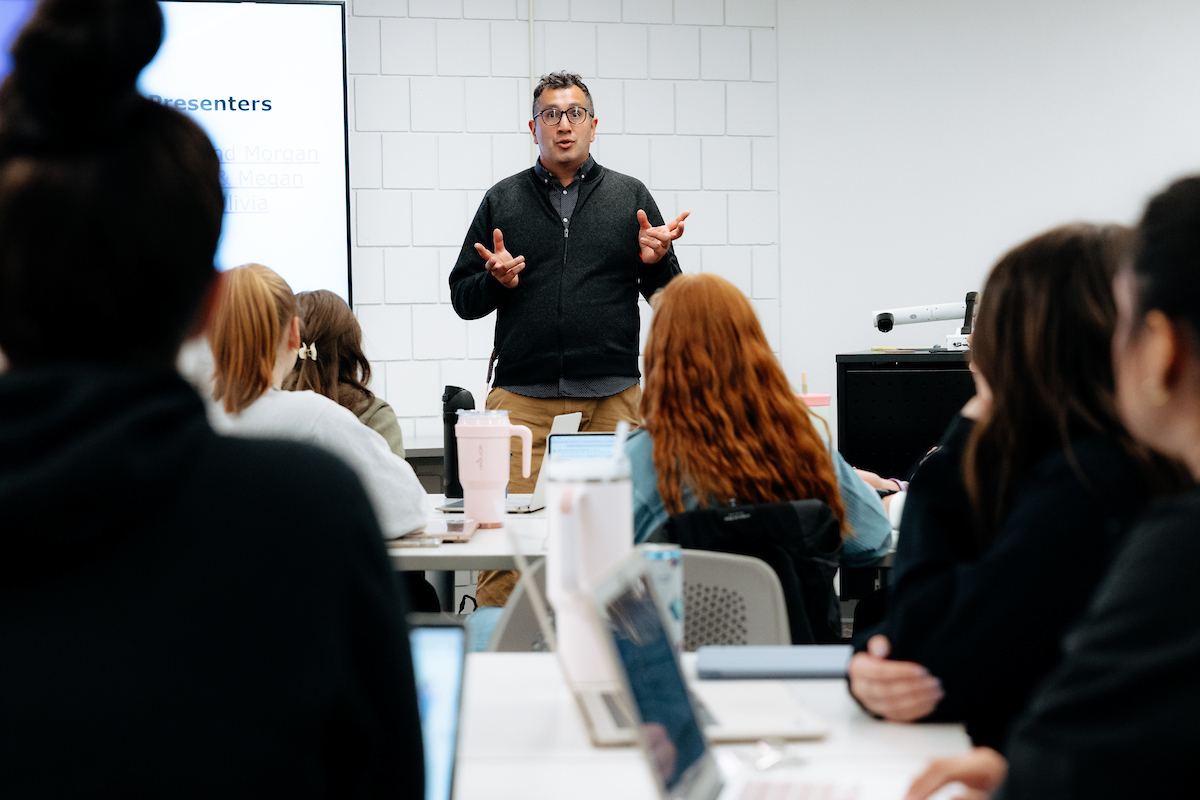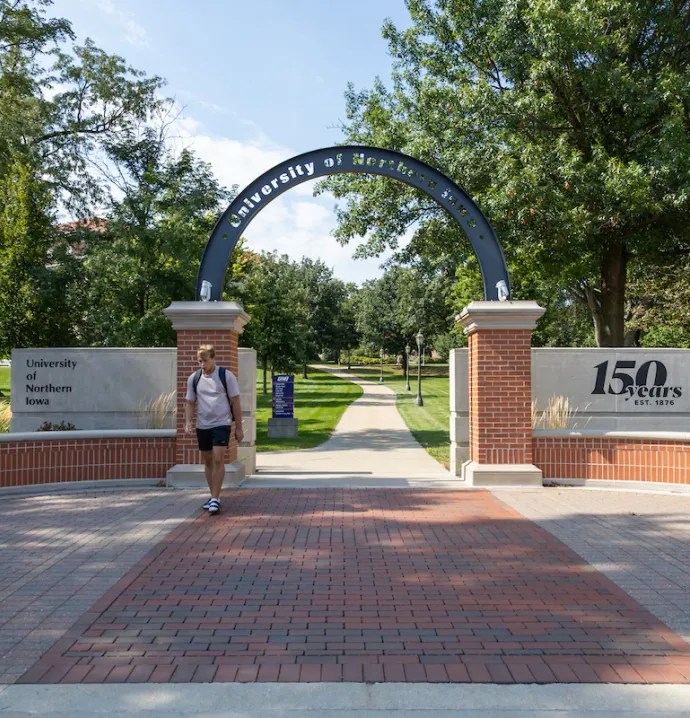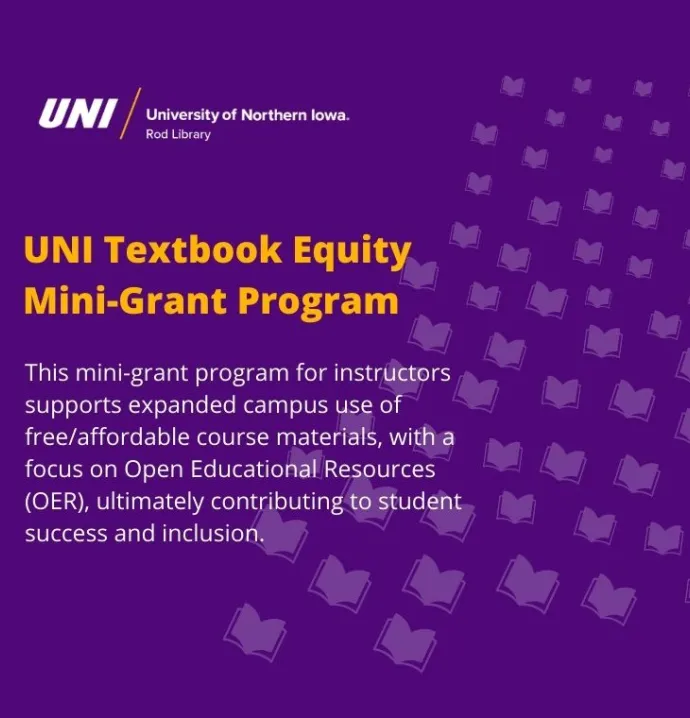UNI updates curriculum to better prepare future teachers
UNI updates curriculum to better prepare future teachers

CEDAR FALLS, Iowa – A newly-transformed curriculum awaits incoming University of Northern Iowa freshmen and transfer students aspiring to teach, with approval of a comprehensive, systemic update to undergraduate teacher preparation, effective fall 2025.
The outcome is the result of two years’ work of more than 100 faculty, staff and administrators to increase access to prepare future teachers while maintaining student success. UNI Teacher Education program leaders say the updated curriculum elevates the quality of Iowa’s largest teacher education program while putting students on a more efficient, effective, flexible and adaptable path to succeed and graduate on time.
“These updates represent our conviction of the importance of the teaching profession and the positive impact that well-trained teachers have on our future,” said Colleen Mulholland, dean of the College of Education and co-chair of the steering committee that coordinated the intensive effort, considered to be the most comprehensive in 20 years. “It’s a privilege that we have at UNI to continue a legacy of excellence through what was an extremely rigorous, interdisciplinary process.”
UNI Teacher Education spans four undergraduate colleges and 16 departments whose faculty lead coursework for more than 20 teaching majors and 20+ minors and certificates – leading to initial Iowa teacher licensure. Updates to various majors and minors have been ongoing, but the need for a broader, more systemic approach to change was recognized.
The revised curriculum:
- is more consistent across all teacher education majors.
- is more aligned with the needs of today’s incoming students.
- provides a level of flexibility and adaptability that benefits both students and faculty.
- positions Iowa’s largest, leading teacher education program for the future.
Taken together, these curricular changes have the potential to reduce the time for students to earn their degree and keep UNI Teacher Education at the forefront of preparing tomorrow’s teachers.
One key change is an intentional pairing of methods courses – the “how to teach” courses – with a more structured and consistent three-step approach to practical experience in the field – clinical internships 1 and 2 plus student teaching.
“Pairing methods courses with internships allows our students to learn while doing, with real-time feedback from experts,” says Benjamin Forsyth, College of Education associate dean for undergraduate studies and teacher education. “This was a purposeful choice which program leaders and faculty believe only strengthens the depth of clinical experience for which UNI is well known.”
Other critical updates include:
- A major overhaul of the foundational coursework taken by all teaching majors, now called Educator Essentials. With nearly quadruple the course options in six required categories of learning, students will find greater variety, choice and ability to adapt as they put together schedules for a timely completion of their degrees.
- Greater balance and consistency among majors in the requirements between the subject coursework – such as math, science, music – and the methods of teaching courses.
“We can be innovative and flexible with the framework put forward. This allows for change, and that is responsive education,” says Sarah Vander Zanden, faculty chair for the Educator Preparation Program and a professor of literacy education. “This gives our students more flexibility and maybe some space in programming – for example, to build in a minor which elevates preparation and longevity in the field. And the connection of methods and clinical internships will deepen application of learning.”
“It’s no easy task to step back and take this longer, broader view. However, after reviewing trends in education and data regarding our students – their different pathways to teaching, where they felt opportunities remained in terms of their preparation – we knew it was time,” says Forsyth. “We acknowledged that revising one category of coursework without attending to necessary improvements elsewhere does not bring the holistic and coherent program-wide curriculum revision that was needed.”
UNI was founded as the Iowa State Normal School in 1876. For teacher education, it is in the top 1% nationwide of public institutions conferring a bachelor’s degree in education. With curricular and process improvements and new online program pathways, 450 to 500 future teachers graduate each year. Forsyth expects UNI to have a large number of student teaching placements – nearing 700, accounting for two placements per student teacher in a semester – in spring 2025.
The updated curriculum further strengthens alignment of UNI Teacher Education with UNI’s Teacher Education Conceptual Framework, the Iowa Board of Educational Examiners rules, and the Interstate Teacher Assessment and Support Consortium (InTASC) Standards.




